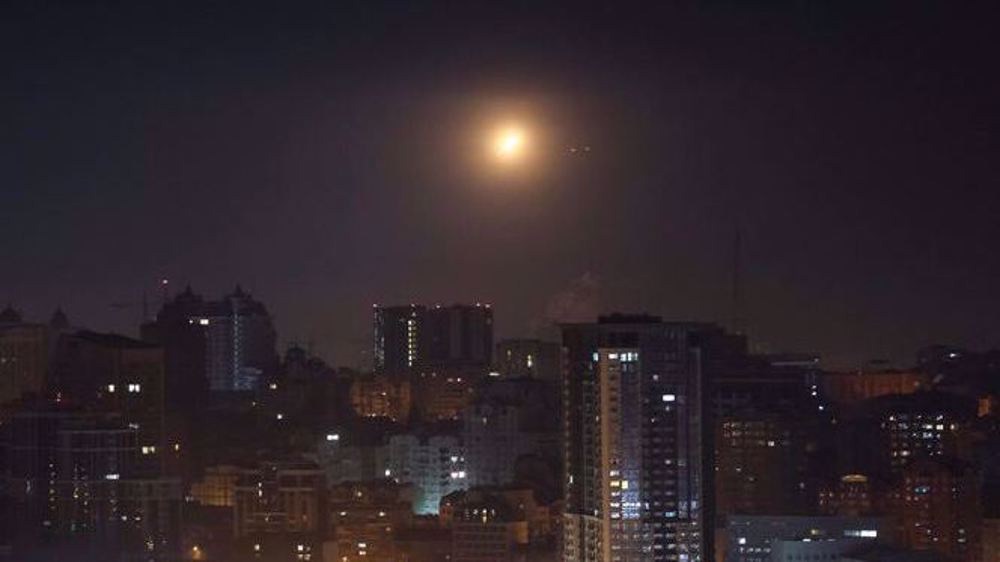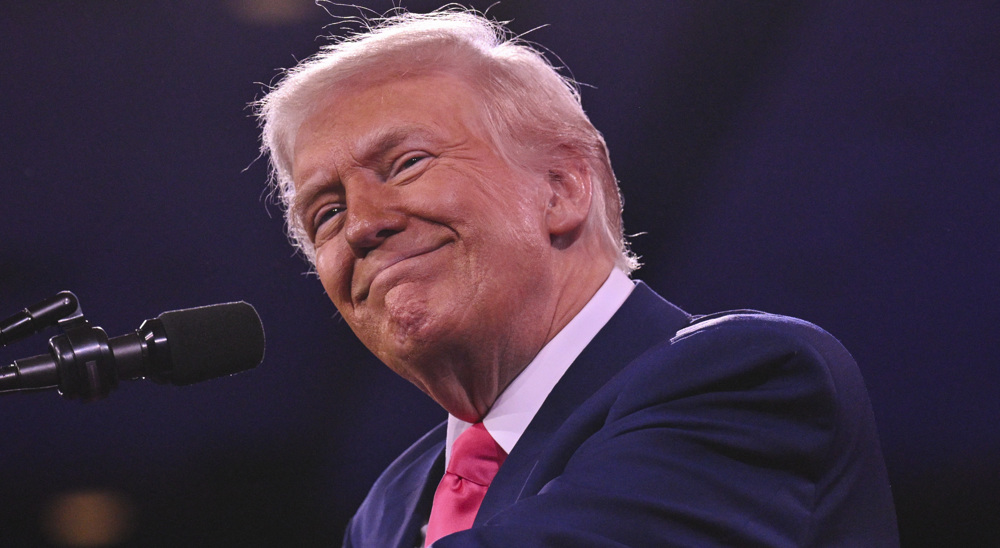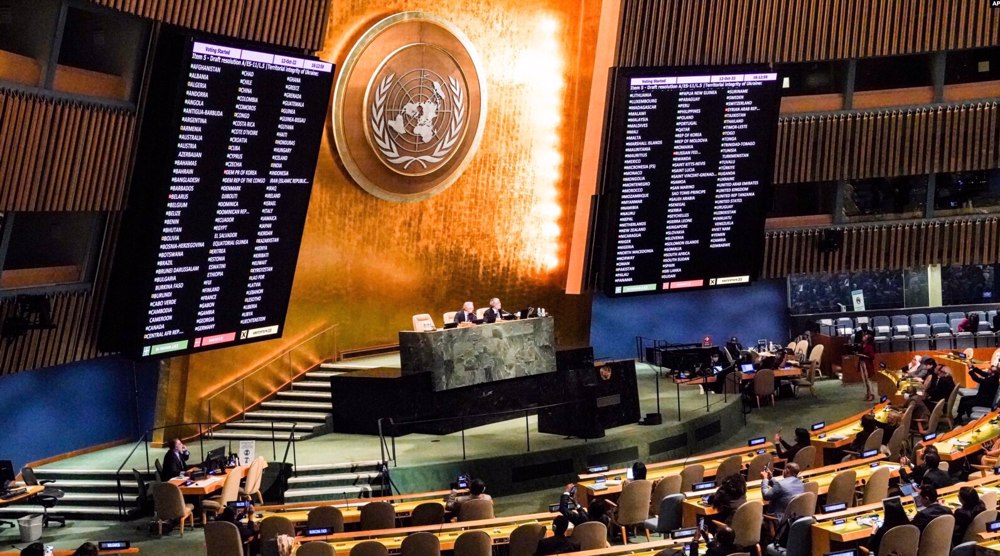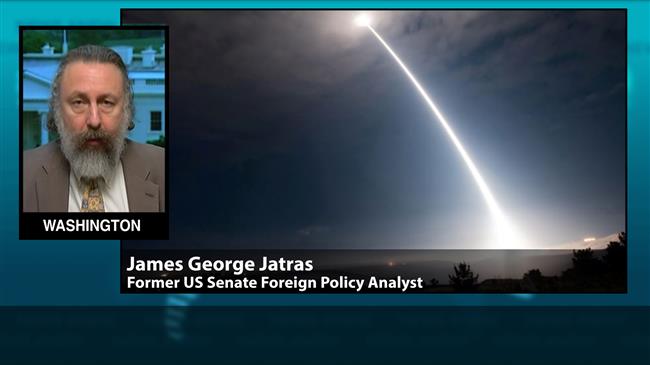Russia offers mutual 1-year freeze on N-warheads to facilitate extension of treaty with US
Russia has offered to put a one-year freeze on the number of its nuclear warheads in return for a similar freeze on the number of the United States’ atomic warheads to facilitate a one-year extension of the last nuclear arms control treaty between the two countries.
The Russian Foreign Ministry announced on Tuesday that Moscow would be ready to enforce a freeze on the number of its nuclear warheads if Washington did the same, in an attempt to have the New START treaty extended by a year.
“Russia offers to extend the New START by one year and is ready to take on a political commitment with the United States to freeze the number of nuclear warheads both sides have for this period,” the ministry said in a statement.
It said the warhead freeze and the one-year extension would be possible if Washington unconditionally accepted the offer.
The ministry also underlined that the extension would give the two sides time to discuss nuclear arms control in greater depth.
Earlier, the US had conditioned the long-term extension of the treaty — which would expire in February 2021 — on a freeze on the number of the nuclear warheads of the two countries. Russia rejected that offer.
Russian President Vladimir Putin later proposed that the two sides extend the landmark arms reduction deal by one year, in which time they would be able to discuss a longer-term extension.
The White House described that proposal as a “non-starter” unless the offer included a freeze on the number of nuclear warheads.
US welcomes Russian offer to freeze warhead totals
The US administration welcomed the new Russian offer on Tuesday and said Washington wanted an immediate meeting with Russia to finalize an extension of the nuclear treaty.
“We appreciate the Russian Federation’s willingness to make progress on the issue of nuclear arms control,” State Department spokeswoman Morgan Ortagus said in a statement.
“The United States is prepared to meet immediately to finalize a verifiable agreement. We expect Russia to empower its diplomats to do the same,” she said.
The New START, signed in 2010, imposes limits on the two countries’ strategic nuclear arsenals and can be extended for another five years by mutual agreement.
US President Donald Trump maligned the treaty early in his presidency as “one of several bad deals negotiated by the [former President Barack] Obama administration.”
Moscow and Washington have been at odds over the New START despite several months of negotiations. Back in July, the United States called for China to be included in a broader treaty that would replace New START but China rejected that proposal.
Last year, Washington withdrew from the Cold War-era Intermediate-Range Nuclear Forces (INF) treaty with Russia, which banned ground-launched nuclear and conventional ballistic and cruise missiles with a range of between 500 and 5,500 kilometers.
Netanyahu's son 'exiled abroad for hitting his father': Knesset member
Iran money supply up 28.4% y/y in late January: CBI
Israeli military prepares for 'extended' West Bank stay as 40,000 Palestinians displaced
VIDEO | Trump's tariffs threatens world economy
Nasrallah, Safieddine symbols of 'graceful resistance': Iran's Foreign Ministry spokesman
On day of great farewell, resistance more determined to continue Nasrsallah’s path: Hamas
VIDEO | Yemenis hold ceremony commemorating former Hezbollah leaders in Sana'a
Israel's high court grants Netanyahu 90 days to start Oct.7 inquiry





















 This makes it easy to access the Press TV website
This makes it easy to access the Press TV website